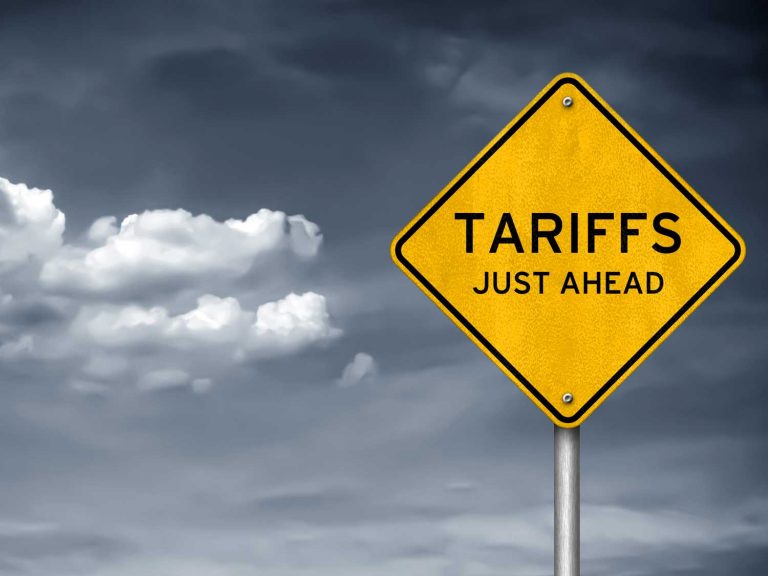
Date:
UK launching regional trade hubs, but Freeports face tariffs
The government is creating four regional trade and investment hubs to boost economic growth across the UK, but post-Brexit trade agreements with 23 different countries include clauses that exclude manufacturers in the Freeport’s from the deals. Whoops-a-daisy Liz Truss!
The hubs will be located in Edinburgh, Cardiff, Belfast and Darlington, with the aim of boosting exports, by providing localised advice from export and investment specialists to firms.
The government says the new hubs will provide support and advice to help regional businesses to access major trade markets and boost exports, as part its efforts to boost pandemic recovery.
“They will mean we can channel investment into all corners of the country, and that exporters – whether they’re selling Scotch beef, Welsh Lamb or cars made in the North of England – have access to the expertise they need to sell into the fastest growing markets” said Secretary of State for International Trade Liz Truss.
According to recent government-led research, exports support 6.5m jobs across the UK, 74% of which are outside London.
But new data from the Office for National Statistics (ONS) shows UK goods exports to the European Union fell 40.7% in January and the economy is 9% smaller than it was before the start of the coronavirus pandemic.
Critics say that while the concept is right, the correct order would be to create the businesses, encourage exports and then provide the export advice, and the capitals of the three nations and Darlington are not necessarily where the industries are.
Major areas for manufacturing and exports like Preston, Manchester, Leicester and Sunderland are highlighted as prime areas for investment hubs.
Liz Truss is also facing criticism, as it emerges that businesses in the eight Freeports announced in March will not enjoy the full benefits of the tax-efficient zones and instead will be obliged to pay tariffs when exporting finished products to a number of countries, that the UK has already negotiated a free trade agreement with.
The recent post-Brexit trade agreements with 23 different countries, including Canada, Norway, Switzerland and Singapore, included clauses that specifically prohibit manufacturers in Freeport-type zones from benefiting from the deals. Clauses, which critics suggest could easily have been removed during the trade discussions.
Typically, Freeports allow companies to import goods without paying any duties – including tariffs, VAT or excise duties – through “duty drawback”.
But businesses in Freeports that enjoy those advantages will be obliged to pay tariffs when exporting finished products to any of the 23 countries in question, unlike companies elsewhere in the country.
The Department for International Trade said. “Where these provisions apply, businesses can choose to either benefit from the duty drawback, or the preferential rates under the free trade agreement — provided they meet the rules of origin test under that agreement — depending on what suits them best.”
The freeports outlined in the spring Budget are at Teesside, London Gateway, Liverpool City Region, Humber, Felixstowe, Southampton, Plymouth and East Midlands Airport.
We will monitor the development of these Freeports and trade hubs closely and specifically how their evolution might support solutions that benefit our customers in delivering added-value trading outside of the UK.
Please contact Grant Liddell to discuss your situation and objectives, and the tools available, which may offer benefits from the government backed Freeport regimes.
